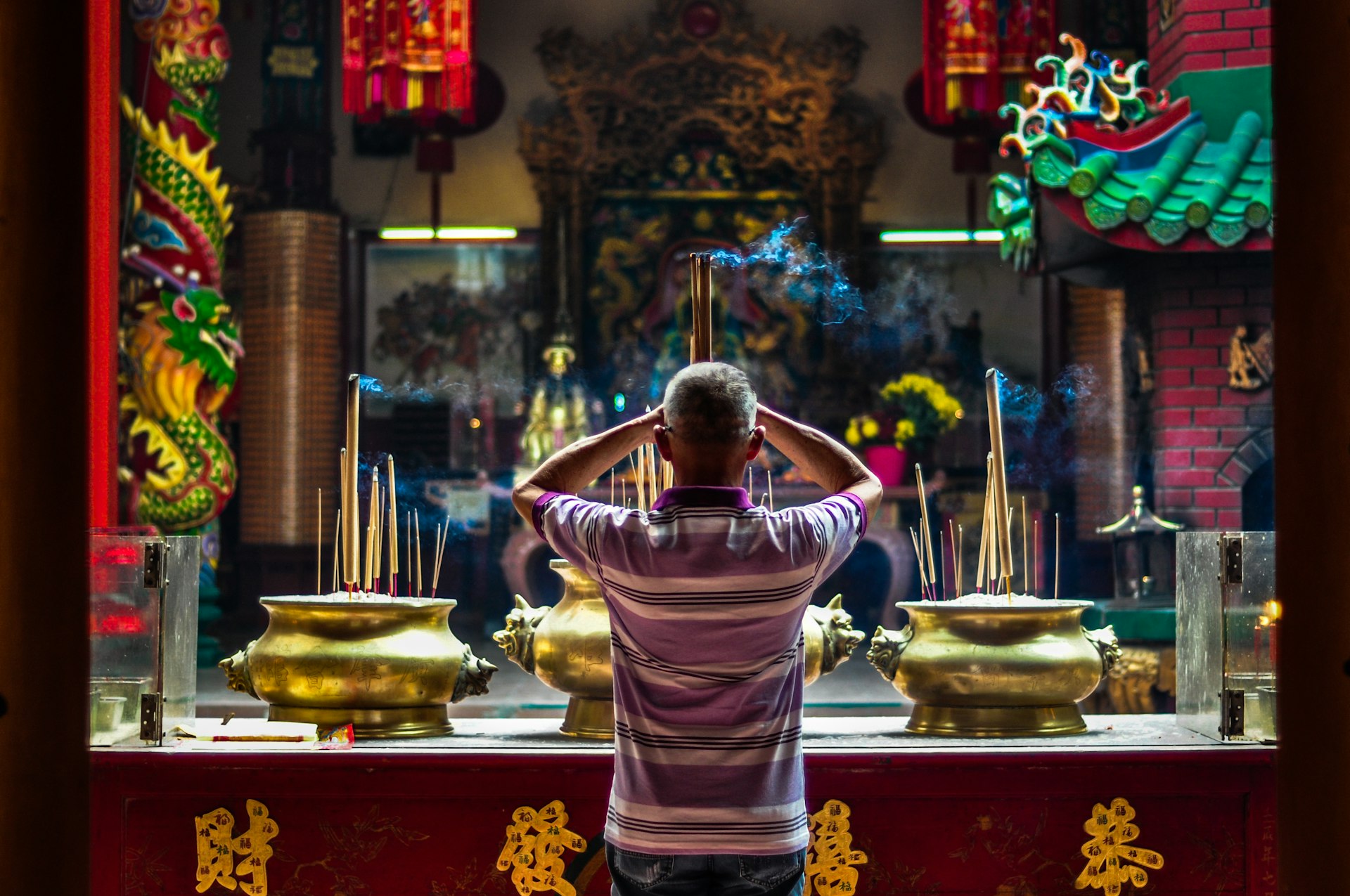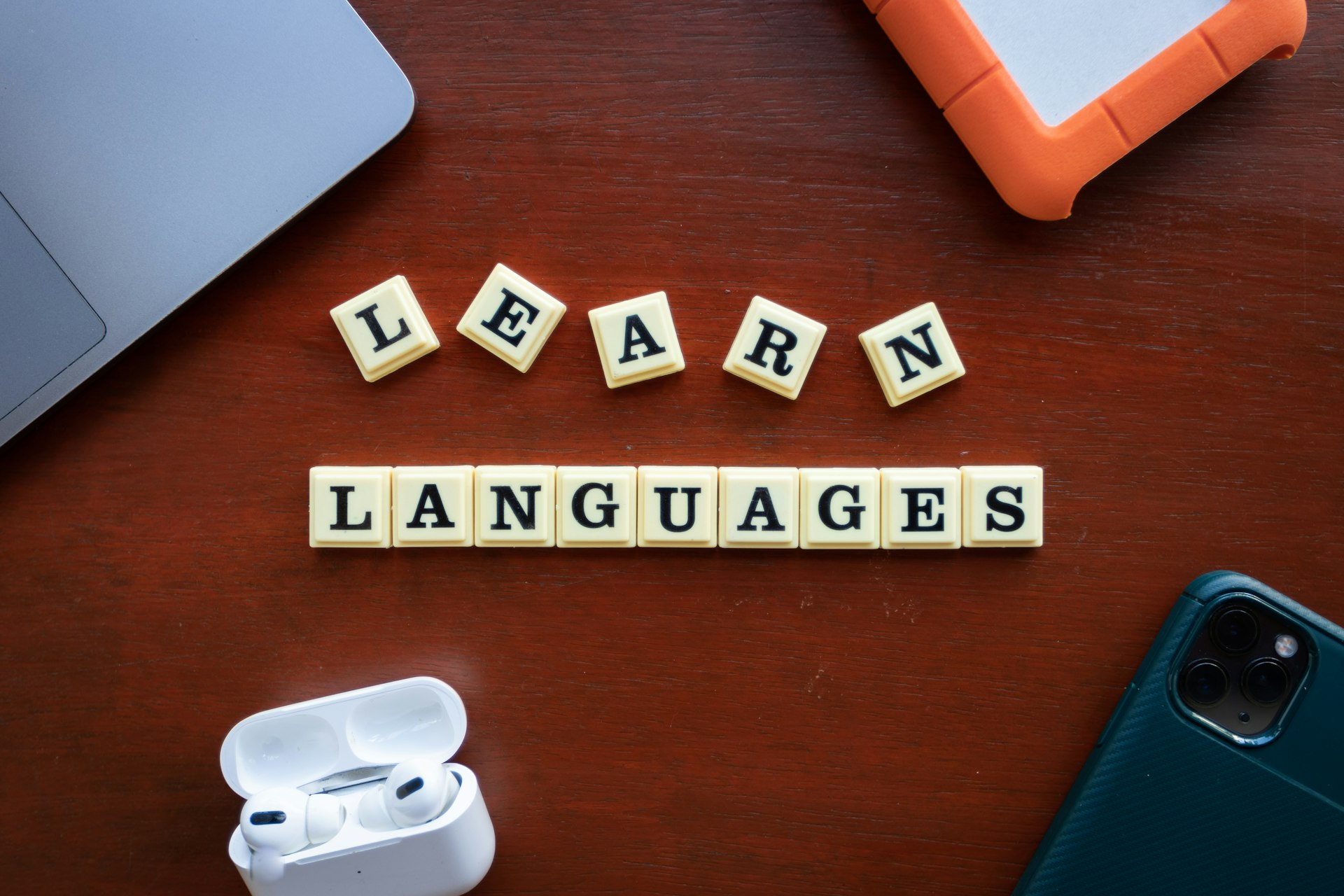How Global Politics Shapes the Landscape of International Sports

Photo by Bùi Hoà ng Long on Unsplash
Introduction: The Intersection of Politics and International Sports
International sports are more than just competition; they are a global stage where nations assert influence, build reputations, and sometimes settle scores. From the Olympics to the FIFA World Cup, the impact of global politics on international sports is profound, shaping who competes, how events are hosted, and the messages conveyed to billions worldwide. Understanding these dynamics is essential for athletes, organizers, and fans seeking to navigate this complex environment.
Global Sporting Events as Political Arenas
Major international sporting events often serve as platforms for political expression and diplomatic engagement. The hosting of the 2022 FIFA World Cup in Qatar drew global attention not only for its athletic spectacle but also for controversies regarding the nation’s human rights record and environmental policies. While the event reportedly attracted 1.5 billion viewers for the final, it also exposed corruption in the bidding process, questions about labor conditions, and broader debates about the role of petro-states in global affairs [1] . This dual nature-serving as both a stage for unity and a spotlight on political discord-illustrates the challenges and opportunities inherent in global sports diplomacy.

Photo by My Profit Tutor on Unsplash
To understand the political context of any upcoming event, you can research recent news on reputable platforms like BBC Sport or visit the official websites of governing bodies such as the International Olympic Committee and FIFA. These organizations provide updates about event logistics, eligibility, and any potential political disputes affecting participation.
Sports Diplomacy: Building Bridges or Deepening Divides?
Sports have long been used as a diplomatic tool, sometimes fostering reconciliation and at other times exacerbating tensions. The term “sports diplomacy” refers to the use of athletic competition to promote dialogue, understanding, and peace between nations. Historic examples include the “ping-pong diplomacy” between the United States and China in the 1970s, which helped thaw relations during the Cold War [2] . Similarly, cricket matches between India and Pakistan have, at times, eased bilateral tensions and promoted exchanges between citizens of both countries [3] .
However, sports diplomacy is not always positive. Some events, such as boycotts of the Olympics or controversial decisions about athlete participation, reveal the limits of sports as a unifying force. Nationalistic fervor can sometimes overshadow efforts at unity, deepening divides rather than bridging them [4] . For those interested in leveraging sports for diplomatic initiatives, it’s crucial to study both successful and problematic case studies, as well as to monitor ongoing developments through academic journals and official government press releases.
Soft Power, National Reputation, and Economic Impact
Global sporting events are key instruments of soft power -the ability of a country to influence others through attraction and persuasion rather than coercion. Hosting international tournaments allows nations to showcase their culture, technological capabilities, and hospitality. For example, the 2012 London Olympics were used by the UK to promote its image as a modern, diverse, and technologically advanced society [5] . Similarly, Germany’s “Land of Ideas” campaign during the 2006 FIFA World Cup helped improve the country’s global image.
In addition to reputation-building, there are significant economic effects. Nations compete to host mega-events to boost tourism, create jobs, and attract investment, but such efforts also entail risks. For instance, the 2014 FIFA World Cup in Brazil and the 2018 World Cup in Russia led to short-term economic gains, yet also drew criticism for their high costs and displacement of vulnerable communities. To evaluate potential benefits and risks of hosting or participating in such events, stakeholders should consult economic impact studies from academic sources and reports from organizations like the Organisation for Economic Co-operation and Development (OECD).
Political Interventions and Athlete Experiences
Politics often directly affects athletes and teams, influencing who can compete and under what circumstances. The case of Basil D’Oliveira , a South African-born cricketer who was barred from playing against apartheid South Africa by the English cricket authorities, is a stark reminder of how political considerations can override sporting merit [3] . More recently, international sanctions or travel restrictions have prevented teams from certain countries from participating in global competitions.
Athletes themselves may become symbols of political resistance or unity. Events such as boycotts or podium protests show that sportspeople are not insulated from the world’s political realities. If you are an athlete or team manager seeking to understand eligibility requirements or the political climate affecting your participation, consult the governing body’s official resources and seek legal advice from specialized sports lawyers, who can provide guidance on compliance and dispute resolution.
Practical Steps for Navigating Political Challenges in International Sports
For organizations, athletes, and fans affected by these dynamics, actionable strategies are essential:
- Monitor Current Affairs: Regularly consult global news outlets and official sports governing body announcements to keep abreast of political developments affecting international competitions.
- Engage Diplomatically: When planning to host or participate in a global event, work closely with national diplomatic channels and sports federations to ensure compliance with international norms and anticipate potential controversies.
- Promote Inclusivity: Encourage policies that promote fair play and inclusivity, and be prepared to address questions of discrimination, eligibility, or boycott with transparent communication.
-
Leverage Educational Resources:
Academic institutions and think tanks often publish detailed reports and case studies on sports diplomacy and the political impact of sporting events. Searching for reports from the
International Centre for Sport Security
or the
United Nations Office on Sport for Development and Peace
can provide valuable insights. - Legal Compliance: Ensure that all athlete and team activities comply with the policies of international governing bodies. In case of uncertainty, consult with legal professionals or the official websites of organizations like the International Olympic Committee or FIFA for up-to-date regulations.
If you encounter challenges finding specific regulations or understanding the impact of current political events on your sport, begin by searching the official website of the relevant sport’s international federation (such as FIFA, the International Olympic Committee, or World Athletics). These organizations provide regularly updated information about eligibility, competition rules, and official statements regarding political issues.
Alternative Approaches and Key Takeaways
Not every stakeholder will be able to directly influence political decisions, but there are alternative pathways for engagement:
- Community Advocacy: Local sports clubs and advocacy organizations can raise awareness about political issues affecting sports, organize educational campaigns, and support affected athletes.
- Grassroots Diplomacy: Smaller-scale events, cultural exchanges, and youth competitions can foster people-to-people connections even when official relations are strained.
- Research and Dialogue: Engaging in academic forums, conferences, and public dialogues about the intersection of sports and politics helps create more informed policy and greater mutual understanding.
In summary, the impact of global politics on international sports is multi-faceted, influencing everything from who takes the field to how nations present themselves to the world. Stakeholders should remain informed, leverage official resources, and be prepared to adapt as the global landscape evolves. By taking a proactive, well-informed approach, it is possible to navigate both the opportunities and challenges in this dynamic arena.
References
- [1] Frontiers in Sports and Active Living (2023). Global sport and the challenges of political life.
- [2] EU Sport Diplomacy (2018). Case Studies in Sport Diplomacy.
- [3] Wikipedia (2024). Politics and sports.
- [4] Journal of International Sports Law, Policy and Politics (2021). The Impact of Major Sporting Events on Foreign Policy.
- [5] Habtoor Research (2022). Sports Diplomacy: How Do Sports Events Enhance the Reputation of Countries?
MORE FROM searchhole.com













